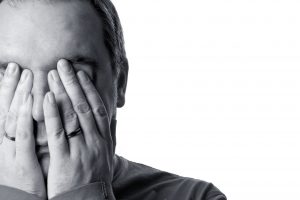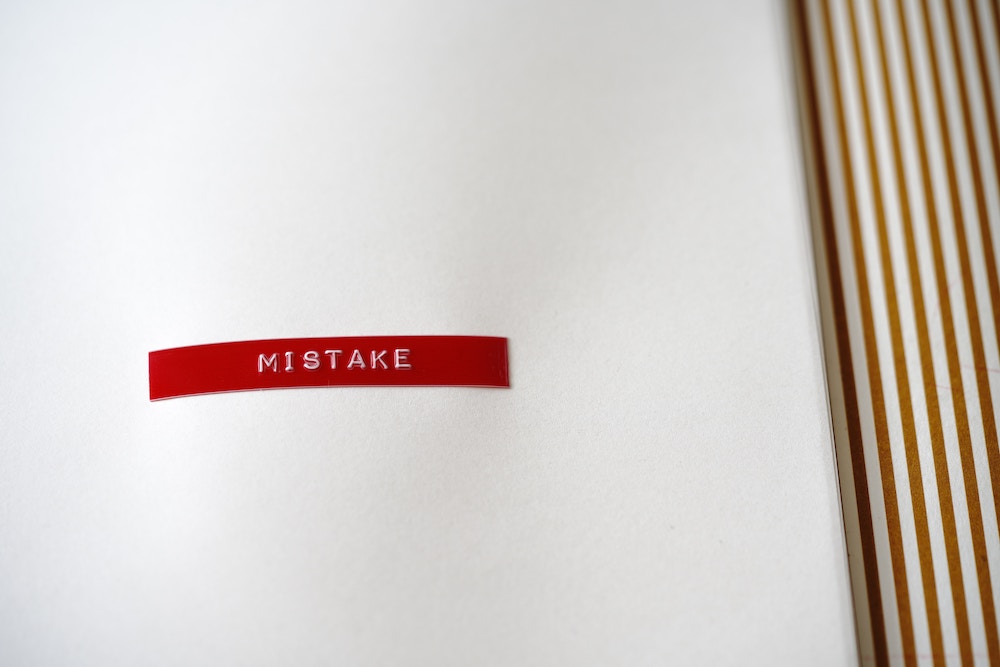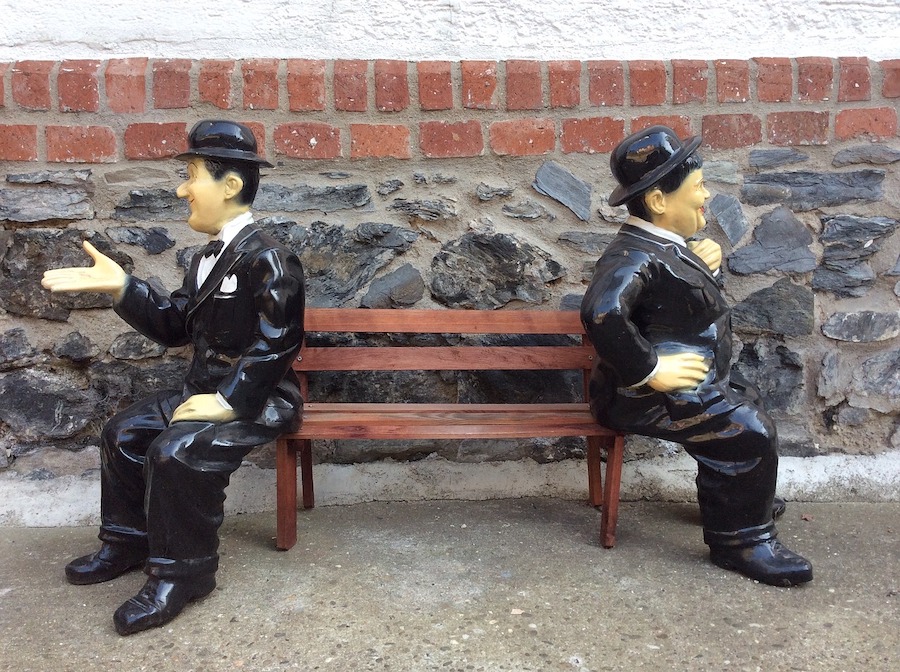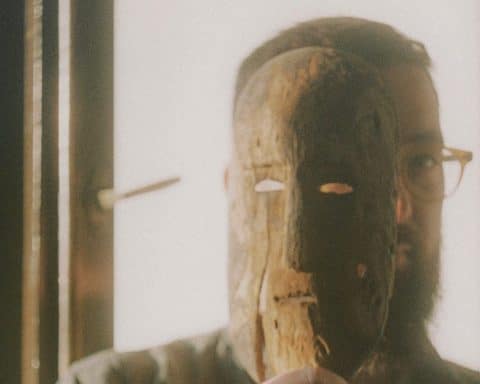
On the eve of the 1997 election, the year I became a GP partner, Tony Blair declared that the nation had ’24 hours to save the NHS.’ Twenty years on, like those who advised the emperor who paraded about town in his nonexistent new clothes, some politicians pretend they cannot see that the NHS is in the altogether perilous state of near collapse. One wonders if they have completed a DNAR form for the NHS without the agreement of those who love it most.
One wonders if they have completed a DNAR form for the NHS without the agreement of those who love it most.
Be that as it may, what is certainly true is that the NHS cannot do all that it is being increasingly asked of with each successive year. This is for at least two reasons. Firstly, as science advances, more things become theoretically possible. But as Isaac Asimov once said ‘The saddest aspect of life right now is that science gathers knowledge faster than society gathers wisdom’. This is still true – not all that can be done should be done. The second reason, I think, is more fundamental. We live in an increasingly anxiety ridden society. Henry Thoreau wrote: “The mass of men lead lives of quiet desperation, and go to the grave with the song still in them.”
Undoubtedly some of our patients are, indeed desperate. Lacking the fulfilment that they desire, but don’t quite know how to realise, they are desperately anxious not to miss out on whatever it is that would give them satisfaction. Idolising absolute health, anxiety rises as their desire for the elimination of every problem, big or small, real or imagined, cannot be met. The constant endeavouring to solve every problem is exhausting and counterproductive, for both those with the problem and those trying to do the solving. As Leonard Cohen sang: ‘There is a lullaby for suffering and a paradox to blame’. Facing our weaknesses and accepting our suffering can be, I believe, paradoxically, comforting.
However this is a difficult philosophy to convey and one that is harder still to convince people of. So anxiety persists, together with its lonely companion, its accomplished accomplice, depression. Anxiety in all its forms is now so pervasive that I think it easily represents the most common problem presented to me at work.
Put these all together and it seems that almost every consultation has an agenda, hidden or otherwise, driven by anxiety.
Firstly there are those patients who present with frank anxiety- by which I do not mean to suggest they have an irrational fear of Frank’s be that Sinatra, Zappa or D. Roosevelt. Rather I mean those patients that present with up front anxiety symptoms – panic attacks and the like. Then there are those patients who present with symptoms that they are anxious represent serious underlying disease. They are often hard to reassure, so twitched are they by the twitches that they experience. And then there are the patients whose symptoms generate anxiety in us – the doctors. We can be left concerned that we are missing something serious and fear what that might mean both for the patient and also for our own reputations – reputations that we cherish, perhaps, more highly than we ought. Put these all together and it seems that almost every consultation has an agenda, hidden or otherwise, driven by anxiety.
I wonder how much of this is tied up with the current postmodern notion of relative truth and its recent spawned offspring ‘alternative facts’. Many have remarked that 2016 was a particularly bad year and perhaps, with all the terrorist outrages, natural disasters and political upheaval the year brought, not to mention all those celebrity deaths, we do all have good reason to be uneasy. But also concerning, perhaps more so, is the fact that the Oxford English Dictionary made ‘post-truth’ its word of the year – a decision that reflects that public policy is being decided based on appeals to personal emotions rather than objective facts. Paul Weller and ‘The Jam’ sang, ‘The public gets what the public wants’ and it seems today the public is at least sometimes promised what it feels it wants, independently of what it needs, because it is politically expedient so to do. I am left wondering if all the anxiety we see, and feel, stems from the fact that, with the throwing out of the still clean, clear bathwater of objective truth, we have thrown out the baby of any sense of assurance.
If nothing is certain, how can our patients be anything but anxious about everything? How can they be reassured that their symptoms are not concerning when the opinion we hold can never be more than what we feel to be true? Our feeling, that their symptoms are not worrying, can never counter their feeling that they are, since their feelings are no less valid than ours. I was surprised once when my assurances, that a lesion on a patient’s scalp was a harmless seborrheic wart, were not accepted by the patient because her hairdresser had felt it was a skin cancer. But then, if truth is relative, an expert’s opinion (and I use the term lightly) has no more authority over that of a non specialist.
Another patient once challenged a consultant cardiologist’s opinion that her ECG was normal as she felt her symptoms were consistent with what she had read of Wolf-Parkinson-White syndrome. The objectively normal ECG, and the expert opinion of the consultant on that ECG, was contrary to the patients feelings. And so a second opinion was requested and, when this was declined, the patient chose to write directly to the consultant expressing her belief that her concerns were being ignored.
This notion extends to the anxieties we experience as doctors. If truth is relative, how can we have any confidence in what we feel to be true, and, if the patient feels differently to us, how can we say that we are right and they are wrong? I am aware, of course, that there are, inevitably, times when a diagnosis is in doubt, when the truth is uncertain, but it sometimes seems we are no longer confident that we know anything for sure. In a society suspicious of intellectualism, the learned are themselves suspicious of their learning. Too concerned that our patients be happy with our opinion, our clinical diagnoses have to be malleable, tempered to acknowledge the validity of the patients’ opinion regardless of how lacking in objectivity that opinion might be.
Is it only me who, knelt at a patients feet and examining their sylph like ankles, has reluctantly murmured; “They are a little swollen I suppose”?
Is it only me who, knelt at a patients feet and examining their sylph like ankles, has reluctantly murmured: “They are a little swollen I suppose”. Of course it is no wonder we sometimes behave like this since we have had it driven into us that we be ‘patient centred’ when all along we really should have been urged to be ‘truth centred’. But it’s arrogant to claim to be right about anything these days – facts prove nothing. In a consumer society, the customer is always right. Is it any wonder then that, as medicine was opened up to market forces, the result would be that the patient is always right too?
And if feelings are what are important, then what others feel about me are every bit as much an indicator of who I am as what I feel about myself. After all, a satisfactory satisfaction survey is sacrosanct – I’m OK, if you’re OK with me. But if everybody’s feelings are different, how can I be OK, since how can I be OK with everyone? How can I make everybody feel positively toward me when they all have different criteria for what it is that would cause them to feel in such a way?
Anxiety is, I think, largely, a fear of unhappiness in the future which leads inevitably to us being unhappy in the here and now. That’s why anxiety and depression are such common bedfellows. With, to a great extent, the loss of religious belief, and with it the hope of a better time and place to come, society no longer is prepared to accept that we must sometimes wait for happiness. In an age when everything is instant, waiting is not an option – we must be happy now. But in a materialistic, consumerist society, which daily advertises to us our discontentment by displaying what it insists we need, but do not have, to be happy, it is no surprise that we are anxious that life is passing us by, that we are missing out on being fulfilled today.
And so the National Health Service has become the National Health Slave.
And of course it’s not just material goods that our society consumes. We consume health – it is the ‘must have’ we assume and insist upon. No suffering, however small, ought to be tolerated. We must have health and we must have it now – not next month, nor next week, not even tomorrow. The doctor will see me now – be it Tuesday morning or Sunday afternoon. And so the National Health Service has become the National Health Slave even as the NHS itself, colluding with society that it can meet its greatest needs if it would just do as it was told, slavishly insists patients behave in ways current medical opinion deems appropriate. Don’t smoke, don’t drink, don’t fail to exercise, don’t eat just four of your five a day, and whatever you do, don’t forget your Vitamin D. Don’t, don’t, don’t, don’t, don’t – and you might just live forever.
And so it seems to me that what this all ultimately boils down to the existential question of death. It is the one thing certain about life but we, increasingly perhaps, try to pretend that this too is uncertain as we pursue, and push, eternal life through medicine, lifestyle adaptations and sentimental and fanciful notions of how those who undeniably have died, somehow live on. In a world where nothing is certain, the certainty of death is above all to be doubted.
But we need to face facts, and so must our patients. Despite how much money is pumped into the NHS to fund all that medicine increasingly can do, despite how long GP surgeries are open or how short waiting times in A&E departments become, and despite how much we heed medical advice and adjust our lifestyles accordingly, we, and our patients, will all one day die. Regardless of what we may or may not believe about life after death, if we are to find any happiness in this life, we need to stop pretending otherwise. We must stop believing that our interventions could ever prevent the inevitable. Rather than doing more for longer, if we want a population that is healthy in the fullest sense of the word, we need to do less. Yes the NHS must be funded adequately but it must be funded adequately to do what a long hard look determines is objectively thought to be important rather than subjectively felt to be urgent.
We must stop pandering to those who are intolerant to even the slightest inconvenience or hardship.
We must stop pandering to those who are intolerant to even the slightest inconvenience or hardship and we must stop suggesting to our patients that life is all about attending to our cholesterol, BP and vitamin D levels so that future suffering is prevented. Why? Because a good life is not solely determined by the absence of suffering – now or in the future. Unrealistic attempts to deny the inevitability of death all too often serves only as an expensive and time consuming distraction that compels us to look down at the temporary and trivial and leaves us neglecting to look up at the significant and satisfying.
We and our patients need to learn to ignore the mundane and consider instead the transcendent. Only then will we, and they, instead of enduring an existence weighed down with anxiety and depression, enjoy a life buoyed by contentment and joy.











0.5
1
5